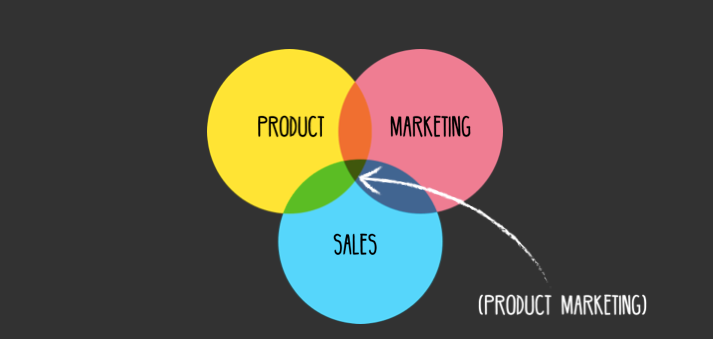Your First Marketing Hire
As many have written (most recently Jason Lemkin on Quora), B2B marketing contains at least four really discrete disciplines: demand generation, product marketing, positioning/strategy, and PR/communications/branding. Increasingly, marketing technologist & operations is being broken out separately, but it otherwise falls into the demand generation role.
When it comes time to hire a company’s first marketing person, most founders think they just need a director or experienced individual contributor to start doing demand generation and bring in leads. They think, “I’ve got to make sales productive with leads.” They invest in SEO, spend thousands on SEM, turn on email marketing, and crank out webinars. That is one approach, but I’ll argue it is the wrong one.
I recommend starting with a director or senior product marketing manager who is willing and ready to roll up her sleeves for three key reasons:
1. In the early stages, all marketing is product marketing.
The most important marketing milestones are to articulate the value proposition in your customer’s’ eyes, position it relative to competition and alternatives and help the company tell its story. If you’re spending money to amplify a bad or wrong story, it’s money down a drain.
2. Making sales productive is sales enablement not lead gen.
Making the company’s new sales people productive *is* critical, but what sales most needs is sales enablement tools rather than leads. Product marketing creates company presentations, case studies, ROI calculators, the website, and materials for a webinar or conference presentation. Product marketers are domain experts who can create content for lead gen and generate thought leadership.
3. Product marketers by definition are generalists with broad skill sets.
Someone who is exclusively really great at Demand Gen is not likely to be good at articulating a great story. They look for short-term clicks vs. playing the long game, which is what positioning is. On the other hand, product marketers tend to be “athletes” who play a productive role and stand up other marketing disciplines. A product marketer can build the website, write and disseminate articles, pick and manage PR agencies, run an analyst tour, optimize website for search, initiate and manage a competent SEM campaign, and pick the first basic marketing tools.
Companies who do not do the positioning work up front do not build the necessary foundation.
The risk of NOT doing the positioning work up front is you get customers, but they’re not the best or right ones. Your single best marketing asset as an early B2B company are early customers who love you.
For example, one major online backup company did all performance-based acquisition in its early days. They took anyone whose money was green. Only when they saturated their early markets did they start working on positioning, but at that point Dropbox already dominated the conversations in their categories. Shifting awareness at that point took millions instead of the thousands it would have taken to own their position in those markets up front.
There are plenty of companies that have experience on one side of this line or the other. But even though it’s contrary to today’s conventional wisdom, at Costanoa we feel leading with product marketing is the way to go.
https://medium.com/costanoa-venture-capital/your-first-marketing-hire-6b40553e97bb?_hsenc=p2ANqtz--jx0BqeeZxM9WD_NF4FEkAO0G1_cH7L_TLNOlEImjChUdzvenQbVN9whjenjpIil3rTuQdO2EXJZ0wWe9QGuLhroJwVQ&_hsmi=36789099#.3nregz1xs
